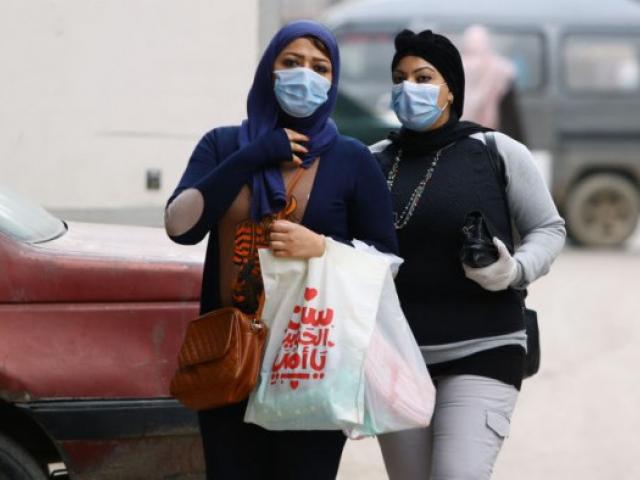
In response to the national and global actions to prevent the spread of COVID-19 EIPR releases its recommendations based on the participatory research on citizens behaviors and the use of public spaces in the light of the COVID19 pandemic
Press Release
In response to the COVID-19 pandemic, a multidisciplinary team of right to health researchers conducted this collaborative study to investigate the response to and level of worry of the community about the virus. This research also investigates the infection control measures taken by public spaces to limit transmission. We also present a brief reflection about the curfew measures based on the data we collected and through the lens of efficiency and equity.
For the community response, 464 responses were collected. The commitment of different groups to self isolation, level of worry, reasons for going out were measured. For the public spaces, 6 service providers answered a questionnaire regarding their views on the curfew policy implemented on the 25th of March 2020. Data was also collected from salametna.com, a website that publishes ratings and assessments of public spaces based on infection control measures.
The purpose of these investigations is to provide relevant stakeholders and authorities with data regarding the community in order to better shape policy and decision making.
The results of the research show that income levels played a significant role in the level of worry of citizens and commitment to self isolation. The age group 45-60, though one of the most vulnerable to the virus, is the least committed to self isolation. As for service providers, the safety measure least taken is measuring temperature of guests and adequate aeration of the space. In our analysis we provide some context and hypothesis for these findings and relate them to the national as well as the international setting.
Finally, curfew measures should not be implemented and evaluated narrowly, as an individual policy detached from its surroundings, but in the context of parallel accompanying policies reducing its harm and promoting its good.
The research provides recommendations by the Right to Health Program of the Egyptian Initiative for Personal Rights. These recommendations are for relevant authorities, the most important of which is to transparently make accurate information available, disaggregated especially by geographical division of infection rates and available numbers of clinical tests. Other updated information to be shared with society is the current needs and shortcomings of the government. The state should also put in place mechanisms that achieve equity for the most economically vulnerable groups, apply clear criteria to combat infection in health facilities, motivate/incentivize health facilities to follow them in preparation for accreditation from the General Authority for Health Accreditation and Regulations, and provide broader protection in all medical services for the elderly and prioritize them, through the law, in places of public services such as government departments, banks, and relevant services.
Finally, the research recommends supporting and encouraging cooperation with civil society and private sector initiatives and providing them with information to carry out projects and initiatives that represent a real need in line with national priorities, to allow society to work hand in hand with the government and to participate in carrying the burden of the response.



